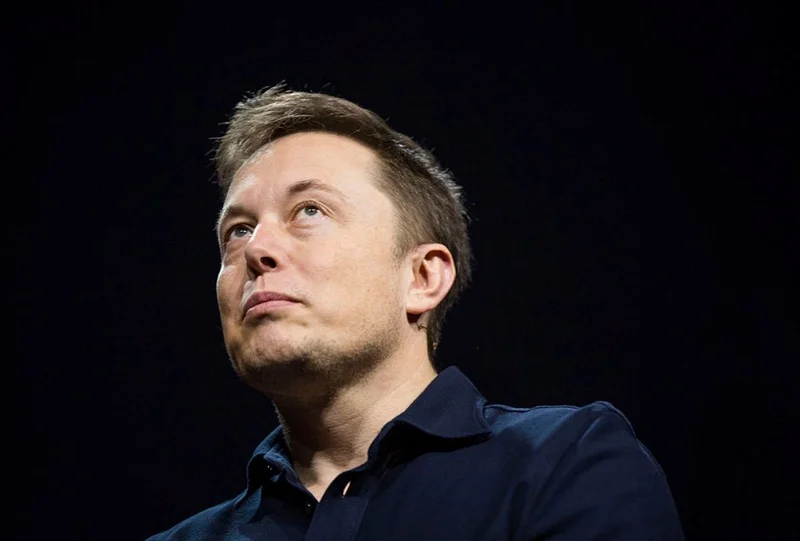Elon Musk's Pay Package Approved: What It Means and Why It Matters
The Trillion-Dollar Question: Can Musk Deliver?
Tesla shareholders have greenlit another massive pay package for Elon Musk, potentially worth a trillion dollars. The numbers are staggering, but the real question is: can Musk actually deliver the kind of growth needed to unlock those riches? Let's break down the targets and the likelihood of hitting them.
The Targets
The package hinges on Tesla's market capitalization growing from roughly $1.5 trillion to over $8.5 trillion within the next decade. That's a 5.6x increase. For context, consider Nvidia, the darling of the AI boom, currently valued at $4.83 trillion. To reach the top target, Tesla needs to become almost twice as valuable as that.
The compensation is divided into twelve tranches, each tied to specific market cap milestones and either earnings or sales targets. Musk only gets paid if Tesla hits both targets for each tranche. This isn't just about stock price; it's about real-world performance. The board argues this incentivizes Musk to remain focused on Tesla. Even some of his fans have noted distractions in recent years. Tesla's profits, after all, have been down throughout 2025.
But here's where the numbers get interesting. Even if Musk only unlocks a few of the more "modest" targets, he still walks away with a lot of money. We're talking hundreds of billions. The full trillion-dollar payout is only triggered if he hits all the targets—the "Mars-shot" scenario.
The Reality Check
Tesla's board values the package at around $88 billion, based on current stock prices. But that's a wildly conservative estimate. If Tesla stock actually soars to meet the targets, Musk's payout would be far, far greater. Glass Lewis, a proxy advisory firm (they analyze company books and recommend how shareholders should vote), estimates Musk would take home $942 billion after taxes.
To put that in perspective, the entire S&P 500 paid its CEOs about $9 billion last year. Musk could make as much as every other major corporate CEO combined. And he’s said he won’t spend the money.

One of the key performance targets is for Tesla to sell a million robots. Tesla's humanoid robot, Optimus, is designed for factory and home use. Musk envisions a future with one robot for every person on Earth, all running Tesla software. He even stated on an earnings call that he wants "strong influence" over this "robot army." (Not control, he clarified, but influence.)
This robot vision is critical to understanding the pay package. It isn’t just about selling more cars. It’s about transforming Tesla into a diversified technology and robotics company.
It’s worth noting that Musk would own 28.8% of Tesla's voting shares if he unlocks the full pay package. Board chair Robyn Denholm has publicly stated that it's the control, not the money, that's the real prize. Critics, like New York State Comptroller Tom Dinapoli, call it "pay for unchecked power." Tesla shareholders approve Elon Musk's trillion-dollar pay package
I've looked at hundreds of these compensation packages, and the sheer scale of this one is unprecedented. The previous largest package, Musk's 2018 award, was valued at $2.6 billion (now worth over $100 billion thanks to Tesla's stock growth). That was 33 times larger than the biggest award before that—Musk's 2012 package, worth a paltry $78 million. This new package, even by Tesla's lowball valuation, is more than 33 times larger than that.
The Gigafactory Gamble
Musk has recently stated that Tesla needs to build a "gigantic chip fab" to meet its AI and robotics needs. This is a massive undertaking. Building and operating a chip fabrication plant is incredibly capital-intensive and requires specialized expertise. It's also a strategic shift. Tesla is moving beyond just designing its own chips; it wants to control the entire manufacturing process. Elon Musk says Tesla needs to build ‘gigantic chip fab’ to meet AI and robotics needs
Now, here's the thought leap. How reliable is the data surrounding the "robot army" projections? Are these internal Tesla estimates, or are they based on broader market analysis? The accuracy of these projections is crucial. If the robot market doesn't materialize as planned, Tesla's ability to hit its targets (and Musk's ability to collect his trillion-dollar prize) becomes significantly more challenging.
